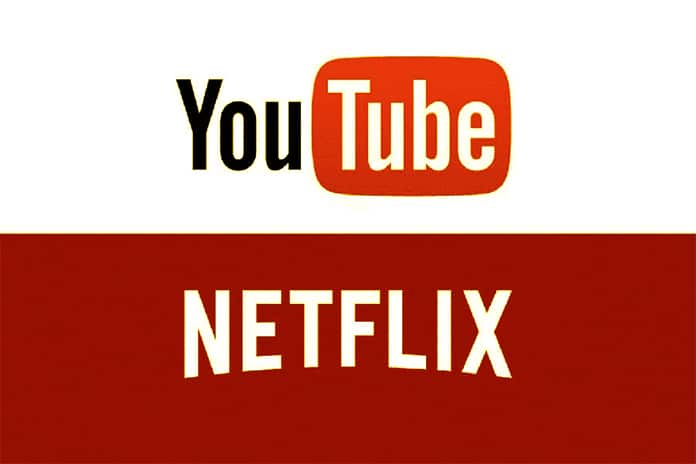Faced with the massive increase in internet use linked to containment, the European Commission is asking entertainment platforms to reduce their data traffic in order to favour telework and education. Netflix and YouTube have agreed to play the game.
As a direct result of the general confinement in Europe, the European Commission announces that “the demand for internet capacity has increased, whether for telework, e-learning or entertainment”. However, this phenomenon “could put the networks in danger at a time when it is precisely necessary that they be as operational as possible”.
Last week, Cloudflare revealed that internet traffic in Italy increased by 30% between March 5 and 12, 2020. Online messaging has increased threefold, video streaming has doubled, news websites receive up to 60% more traffic, and online games 20%. The British operator BT has also seen an increase in traffic between 35 and 60%.
In this context, Thierry Breton, European Commissioner for the Internal Market, believes that ” streaming platforms, telecom operators and users have a common responsibility to take measures to ensure the functioning of the Internet during the fight against the spread of the virus. ”
The Frenchman thus spoke with the CEO of Netflix, Reed Hastings, about this situation. In response, the American giant agreed to reduce the quality of its video streaming in Europe for 30 days in order to favour more “serious” applications such as work and education.
This should reduce Netflix traffic on European networks by around 25%, while maintaining a quality of service suitable for users. These data-saving measures are in the process of being rolled out, but European consumers should only see the impact in a few days.
On March 20, 2020, YouTube has just announced a reduction in the quality of its videos in Europe. By default, videos will now be offered in standard definition by default. Remember that Google itself has to deal with the coronavirus and that the human moderators of YouTube have been replaced by AIs since they can no longer come to work.
In addition, the European Commission has asked the Body of European Regulators for Electronic Communications (BEREC) to set up a reporting system for the use of data in order to alert operators and regulators in the event of potential capacity problems. network. It should also be remembered that European operators cooperate with the governments of several EU countries by providing the location data of their customers.
In Spain, several European operators call on consumers to use communication networks sparingly. This is particularly the case for Orange, MasMovil, Telefonica and Vodafone who ask their customers to prioritize teleworking applications during the day. Networks are currently facing a 40% increase in traffic.
Despite the surge in traffic related to containment, the network is unlikely to collapse. For example, the DE-CIX Frankfurt switching platform has a capacity of 54.1 Tbps, which is 9 times the traffic peak of last week.
Likewise, BT declares that daytime traffic, despite the massive increase, is still less than half compared to evening use and very far from the maximum network capacity. Vodafone and TalkTalk are also reassured to BBC News. For the time being, a network failure or a slowdown is not to be feared in Europe



